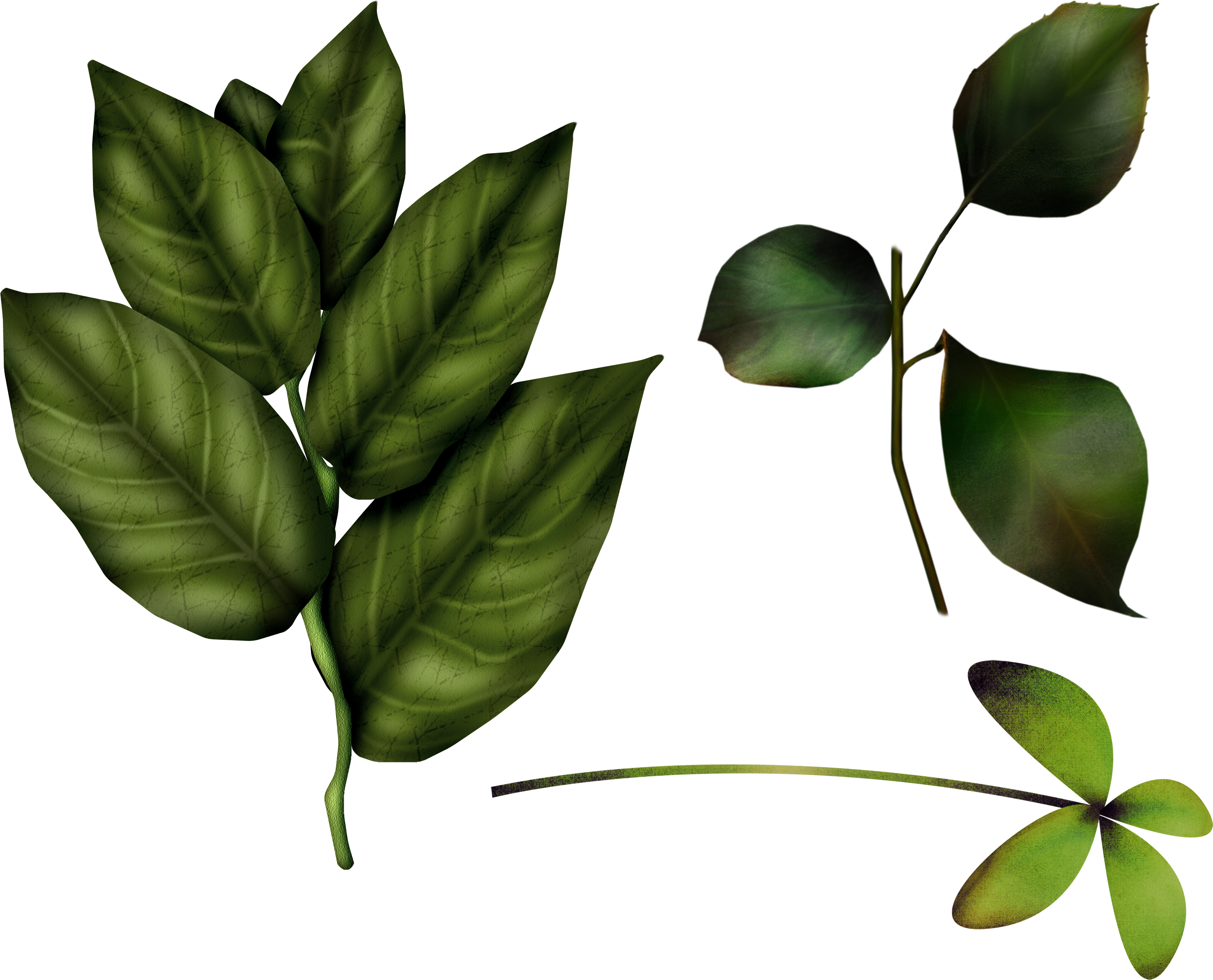
This image has format transparent PNG with resolution 2949x2382.
You can download this image in best resolution from this page and use it for design and web design.
Green leaf PNG with transparent background you can download for free, just click on download button.
A leaf is an organ of a vascular plant and is the principal lateral appendage of the stem. The leaves and stem together form the shoot. Leaves are collectively referred to as foliage, as in "autumn foliage."
Diagram of a simple leaf.
Apex Midvein (Primary vein) Secondary vein. Lamina. Leaf margin Petiole Bud Stem
Although leaves can be seen in many different shapes, sizes and textures, typically a leaf is a thin, dorsiventrally flattened organ, borne above ground and specialized for photosynthesis. In most leaves, the primary photosynthetic tissue, the palisade mesophyll, is located on the upper side of the blade or lamina of the leaf but in some species, including the mature foliage of Eucalyptus, palisade mesophyll is present on both sides and the leaves are said to be isobilateral. Most leaves have distinctive upper surface (adaxial) and lower surface (abaxial) that differ in colour, hairiness, the number of stomata (pores that intake and output gases), epicuticular wax amount and structure and other features.
Broad, flat leaves with complex venation are known as megaphylls and the species that bear them, the majority, as broad-leaved or megaphyllous plants. In others, such as the clubmosses, with different evolutionary origins, the leaves are simple, with only a single vein and are known as microphylls.
Some leaves, such as bulb scales are not above ground, and in many aquatic species the leaves are submerged in water. Succulent plants often have thick juicy leaves, but some leaves are without major photosynthetic function and may be dead at maturity, as in some cataphylls and spines. Furthermore, several kinds of leaf-like structures found in vascular plants are not totally homologous with them. Examples include flattened plant stems called phylloclades and cladodes, and flattened leaf stems called phyllodes which differ from leaves both in their structure and origin. Many structures of non-vascular plants, such as the phyllids of mosses and liverworts and even of some foliose lichens, which are not plants at all (in the sense of being members of the kingdom Plantae), look and function much like leaves.
On this page you can download PNG images on theme: Green leaves PNG images free download pictures